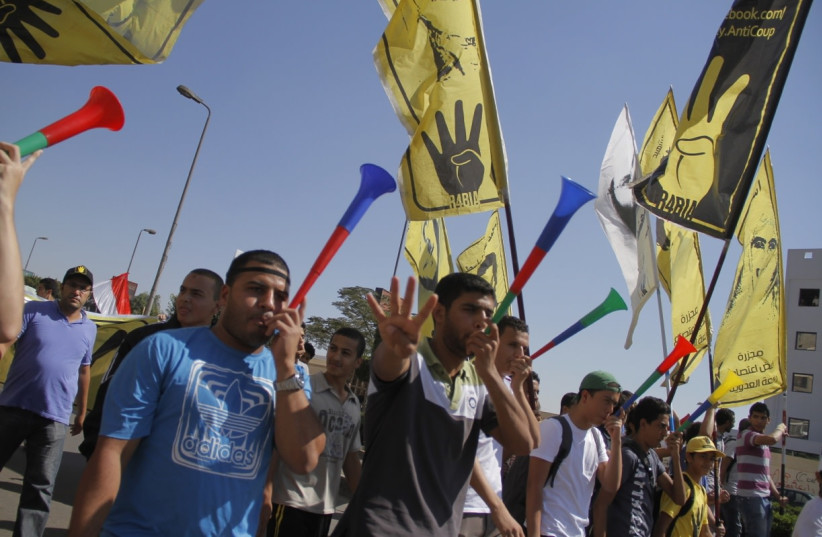Jordan allowed a wanted man to be handed over to the UAE this week, according to reports in regional media.
“Jordan handed over a wanted man with links to the Muslim Brotherhood, Khalaf Abdul Rahman Humaid al-Rumaithi, to the UAE,” Al Arabiya news channel reported, citing a report by Emirates News Agency (WAM).
The suspect faces charges in the UAE for “establishing a secret organization affiliated with the terrorist Muslim Brotherhood that aims to oppose the foundational principles of the UAE government,” the report said.
This is an important symbol of cooperation. The UAE and Jordan are close partners, and the UAE has long opposed the Muslim Brotherhood and its extremist groups in the region. More than a decade ago, during the Arab Spring, the Muslim Brotherhood tried to take advantage of the breakdown in traditional rule in some places to insert itself. Groups such as Hamas are linked to the Muslim Brotherhood, and some of them have been hosted in Doha over the years.
Countries throughout the Middle East seeking reconciliation
Over the past year, however, many countries in the region have sought reconciliation. That means even countries such Turkey, whose ruling party has roots in the Muslim Brotherhood, have toned down their critique of Egypt, the UAE and Tunisia, countries that oppose the Muslim Brotherhood.

“A court ruling in 2013 sentenced him in absentia to 15 years in prison,” Al Arabiya reported. “Reports from then placed al-Rumaithi in the company of nearly 100 Emirati nationals who were charged on the grounds of sedition – plotting to overthrow the government... the UAE reiterates maintaining its sovereignty and stability, and safety and security of its citizens and residents, and that it will not hesitate to go after those wanted for justice, and prosecute them in fair judicial process,” the report said.
The increased regional cooperation is clear, and it is part of the overall process of work within the Arab League and joint Arab frameworks. As the region begins to feel that great Western powers are no longer the main players here, they will do more joint work like this.
These kinds of incidents are symbolic of integration in the region and also the overall decline of the Muslim Brotherhood’s multi-decade attempt to challenge many of the traditional rulers in the region.
